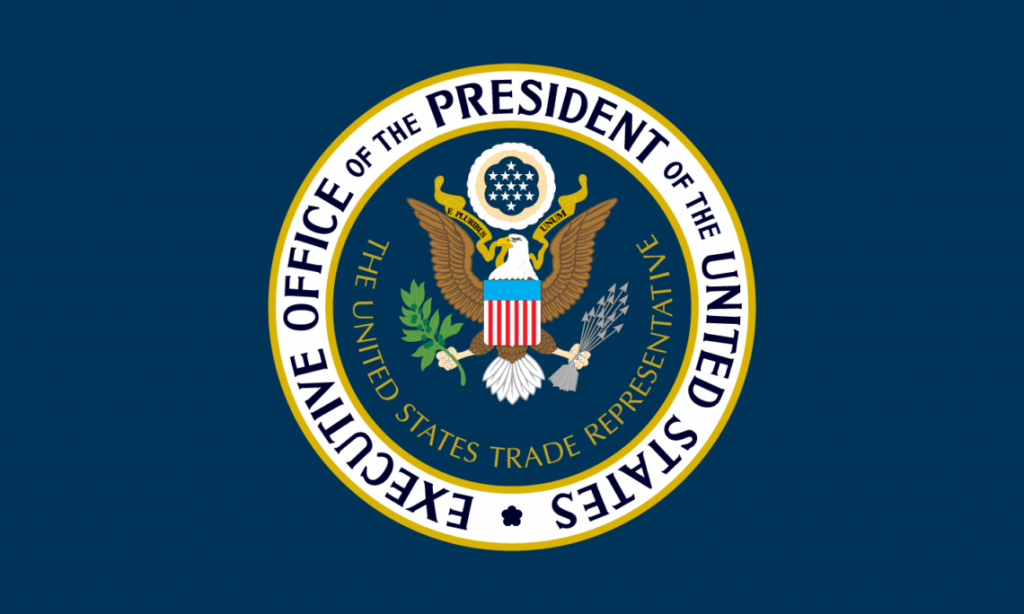The U.S. Trade Representation (USTR) is primarily responsible for developing and coordinating U.S. international trade and direct investment policies as the head of the interagency trade policy coordination process.
As part of the Executive Office of the President, USTR is the President’s principal advisor on trade policy and the President’s chief negotiator for international trade agreements, including commodity and direct investment negotiations.
USTR negotiates directly with foreign governments to create trade agreements (which may require legislative approval to enter into force) and resolve disputes, and participates in global trade policy organizations such as the World Trade Organization (WTO).
It also meets with business groups, policymakers and public interest groups on trade policy issues.
In addition to providing direct appropriations to USTR, the U.S. Congress may provide supplemental funding to USTR from the Trade Enforcement Trust Fund, created by Congress.
USTR may use funding from this trust fund for certain trade enforcement activities authorized by the Trade Facilitation and Trade Enforcement Act of 2015 (P.L. 114-125). For FY2023, the Administration requests a total of $76.5 million for USTR, including $61.5 million in direct appropriations for salaries and expenses and $15.0 million to be derived from the TETF for certain trade enforcement activities.
The total request is $5.5 million (7.8%) more than the FY 2022 approved funding level.
USTR
The House bill recommends a total of $75 million for USTR, including $60 million in direct appropriations for salaries and expenses and $15 million to be derived from the TETF for certain trade enforcement activities.
The recommendation is $4 million (5.6%) more than the amount approved last year and $1.5 million less (-2.0%) than the President’s request.
For its part, the Senate-reported bill proposes a total of $76.5 million for USTR, including $61.5 million for salaries and expenses and $15 million to be derived from the TETF for certain trade enforcement activities.
The bill includes a proviso that $5 million of the USTR funding not be made available until USTR certifies to the Appropriations Committees that it has established a process for U.S. companies to request exclusion of products from tariffs on certain imports from China imposed under Section 301 of the Trade Act of 1974.
The proposed funding for USTR is $5.5 million (7.8%) more than the FY 2022 enacted amount and is equal to the President’s request.
![]()

